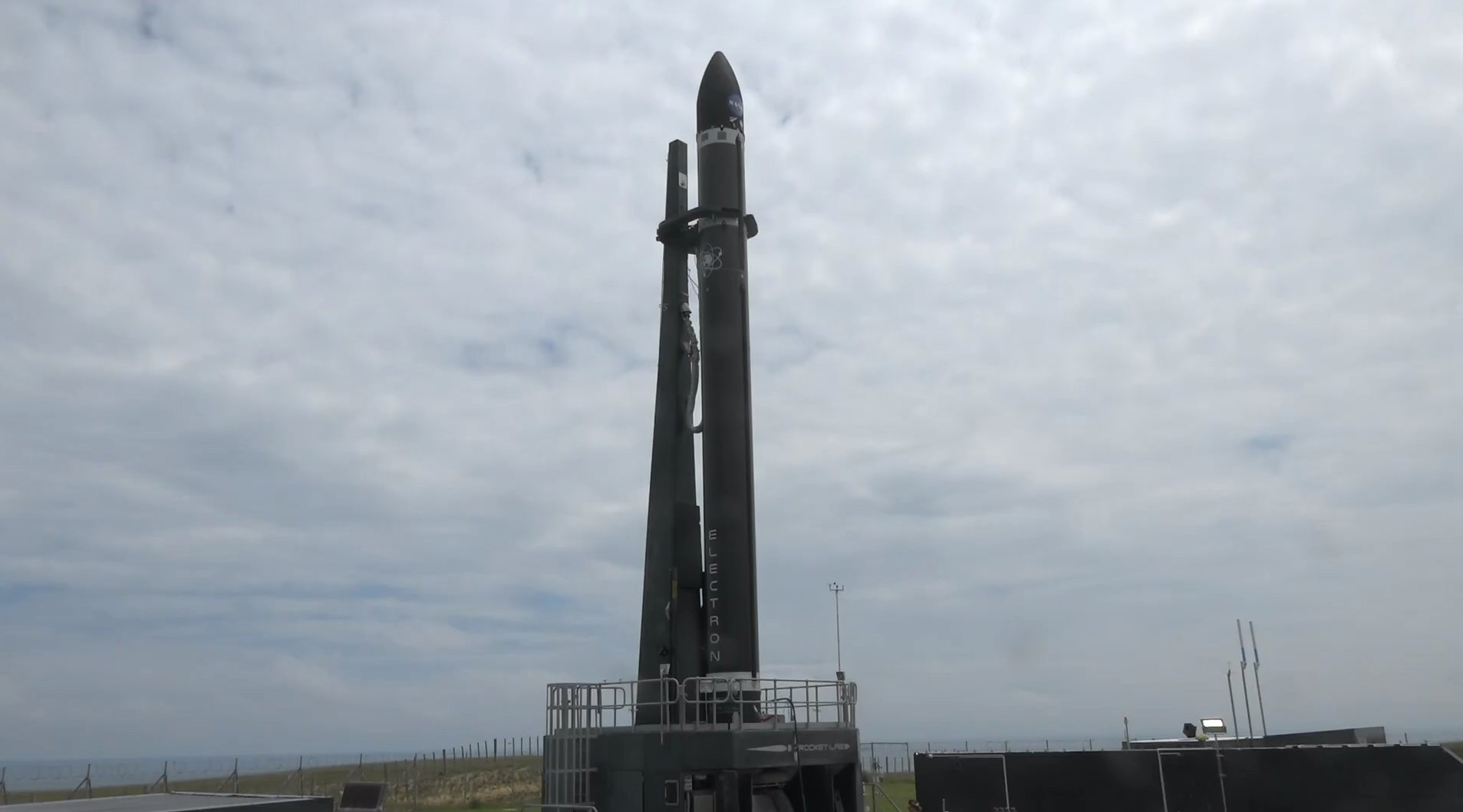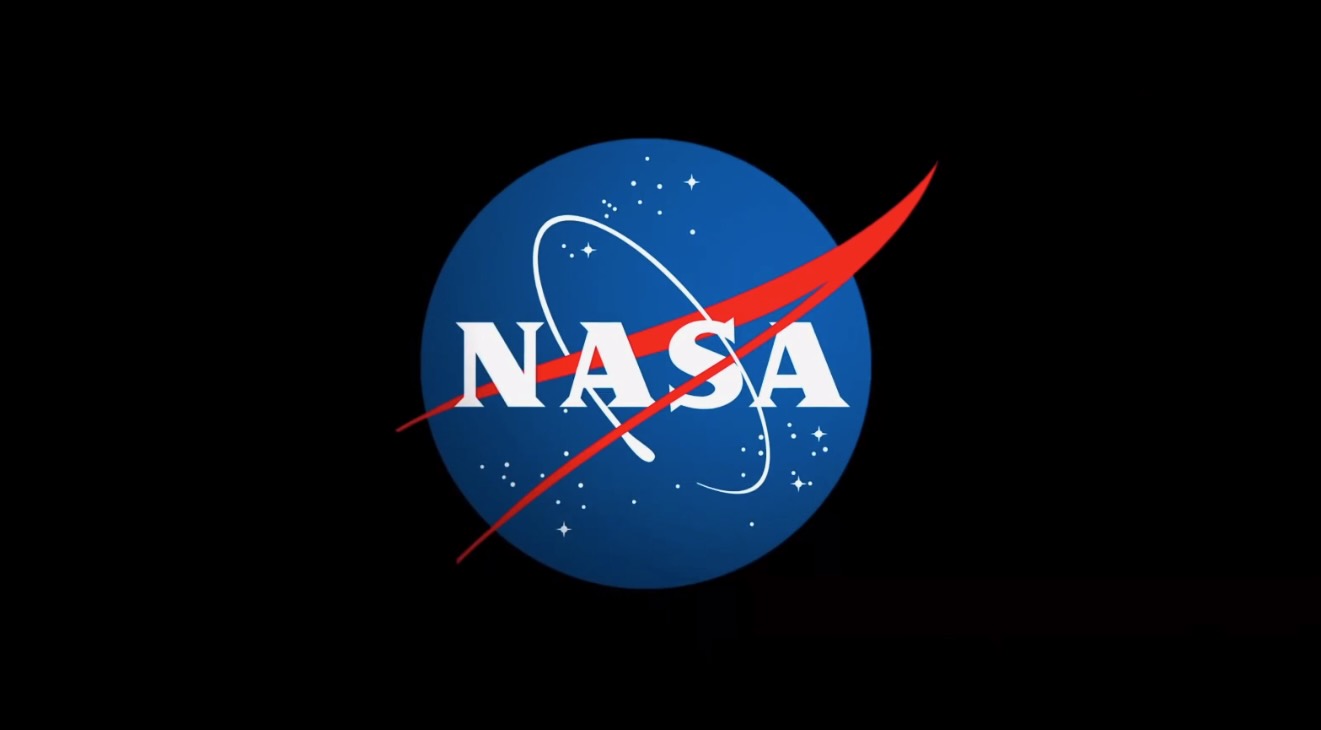Rocket Lab Postpones Launch of NASA Cubesats Due to Bad Weather
Editor's note: Rocket Lab is now aiming for an 11 p.m. EST launch of NASA's ElaNa-19 mission on Saturday, Dec. 15 (0400 Dec. 16 GMT), after several days of bad weather.
Original story: Bad weather forced the private spaceflight company Rocket Lab to postpone the launch of more than a dozen small satellites, including 10 for a NASA education program, late Wednesday (Dec. 12).
A Rocket Lab Electron booster was scheduled to launch 13 small satellites during a four-hour window that opened at 11 p.m. EST (0300 Dec. 13 GMT) from a pad at Mahia Peninsula on New Zealand's North Island. But as launch time neared, increasingly dismal weather forced a delay, company representatives said.
"The weather is deteriorating over Launch Complex 1, so we're standing down from today's #ELaNa19 launch," Rocket Lab representatives wrote in a Twitter update. "Tomorrow's weather is similar, but we'll continue to assess and then establish a new target T-0 date/time."
Rocket Lab founder and CEO Peter Beck added a a few more details.
"The current weather has violated FAA flight rules, so this one is kind of out of our hands," Beck said on Twitter. "Some good weather is on its way soon however!"
The delay means NASA will have to wait a bit longer for the launch of 10 small cubesats built by students under the agency's Educational Launch of Nanosatellites, or ElaNa, program. This mission, ElaNa-19, is NASA's first to be completely dedicated to launching cubesats under the agency's Venture Class Launch Services program for small-satellite launches. It includes a wide variety of tiny satellites designed by elementary and middle-school students, universities and several of NASA's own space centers.
Breaking space news, the latest updates on rocket launches, skywatching events and more!
"The major difference between today's launch and previous #ELaNa missions is that for the first time, NASA will have a launch completely dedicated to CubeSats rather than having the small satellites ride along with a much larger spacecraft that is the primary mission," NASA Launch Services Program officials wrote on Twitter.
Three other NASA cubesats that are not part of the ElaNa program will also fly on the Electron, Rocket Lab representatives have said. ElaNa-19 is the fourth Electron mission for Rocket Lab. It follows two test flights, as well as Rocket Lab's first commercial launch that lifted off last month.
The Huntington Beach, California-based Rocket Lab aims to launch small satellite missions for about $5 million per flight using its Electron boosters. The 57-foot-tall (17 meters) booster is designed to lift payloads of up to 500 lbs. (227 kilograms) into orbit. In addition to its New Zealand launch site, Rocket Lab is constructing a second facility at NASA's Wallops Flight Facility on Wallops Island, Virgina for U.S.-based launches.
Rocket Lab has named the ElaNa-19 launch "This One's For Pickering" in honor of the late scientist Sir William Pickering, a former director of NASA's Jet Propulsion Laboratory who also worked on Explorer 1, the first American satellite ever to launch into space. Pickering, who died in 2004, was born in New Zealand, home of Rocket Lab's booster factory and first launch site.
Email Tariq Malik at tmalik@space.com or follow him @tariqjmalik. Follow us @Spacedotcom and Facebook. Originally published on Space.com.

Tariq is the award-winning Editor-in-Chief of Space.com and joined the team in 2001. He covers human spaceflight, as well as skywatching and entertainment. He became Space.com's Editor-in-Chief in 2019. Before joining Space.com, Tariq was a staff reporter for The Los Angeles Times covering education and city beats in La Habra, Fullerton and Huntington Beach. He's a recipient of the 2022 Harry Kolcum Award for excellence in space reporting and the 2025 Space Pioneer Award from the National Space Society. He is an Eagle Scout and Space Camp alum with journalism degrees from the USC and NYU. You can find Tariq at Space.com and as the co-host to the This Week In Space podcast on the TWiT network. To see his latest project, you can follow Tariq on Twitter @tariqjmalik.

